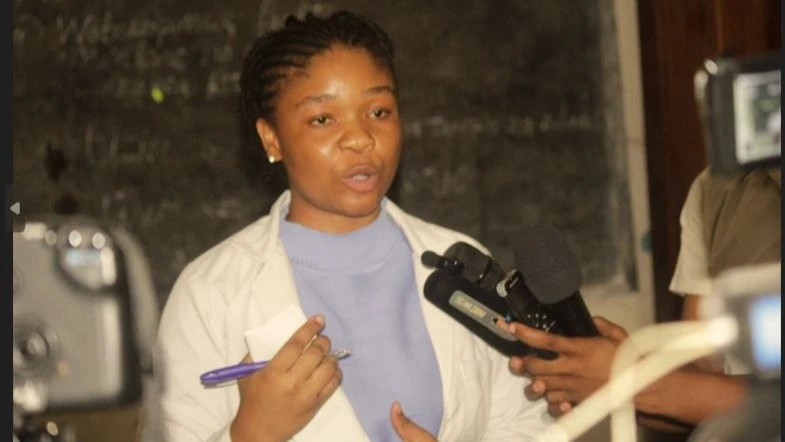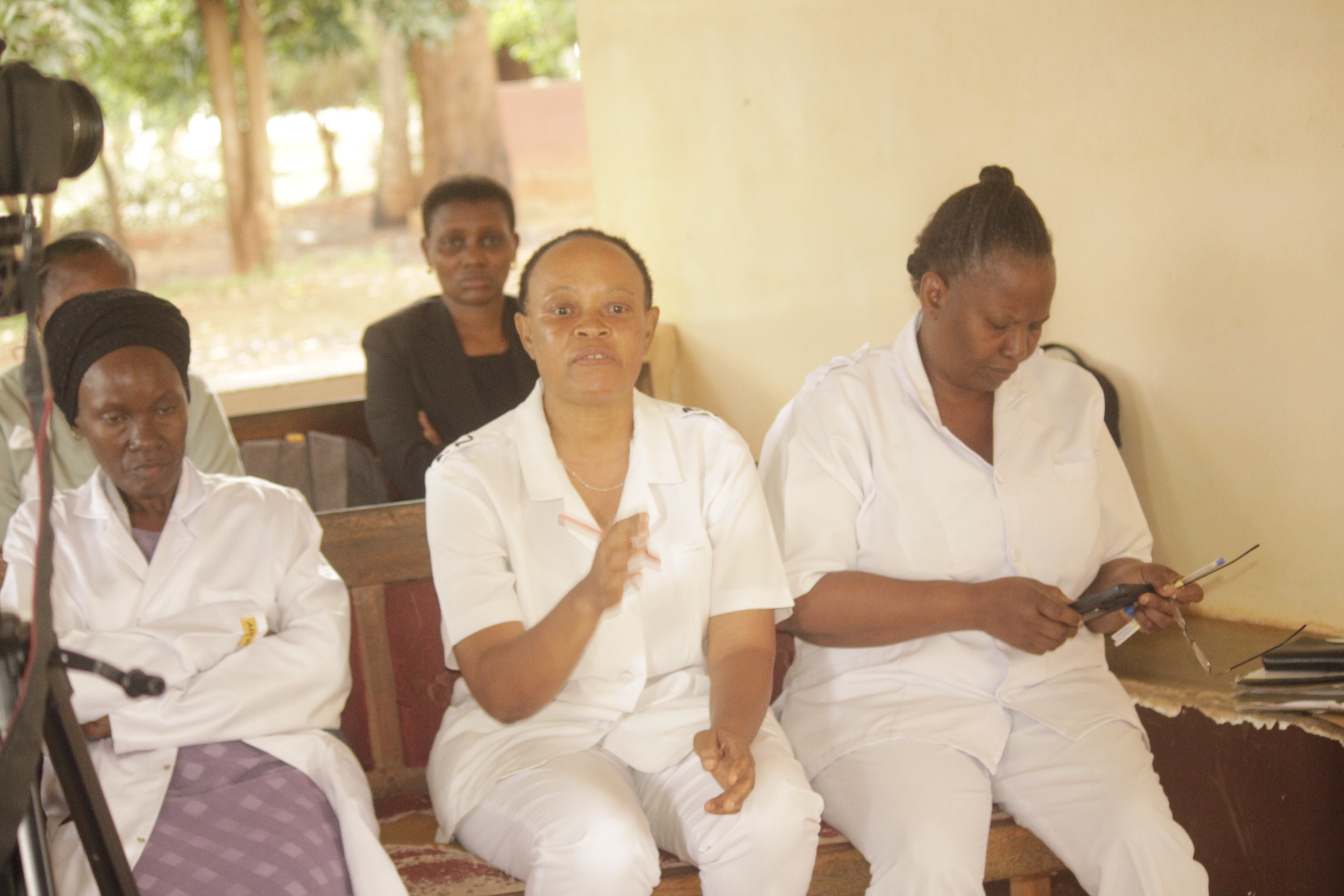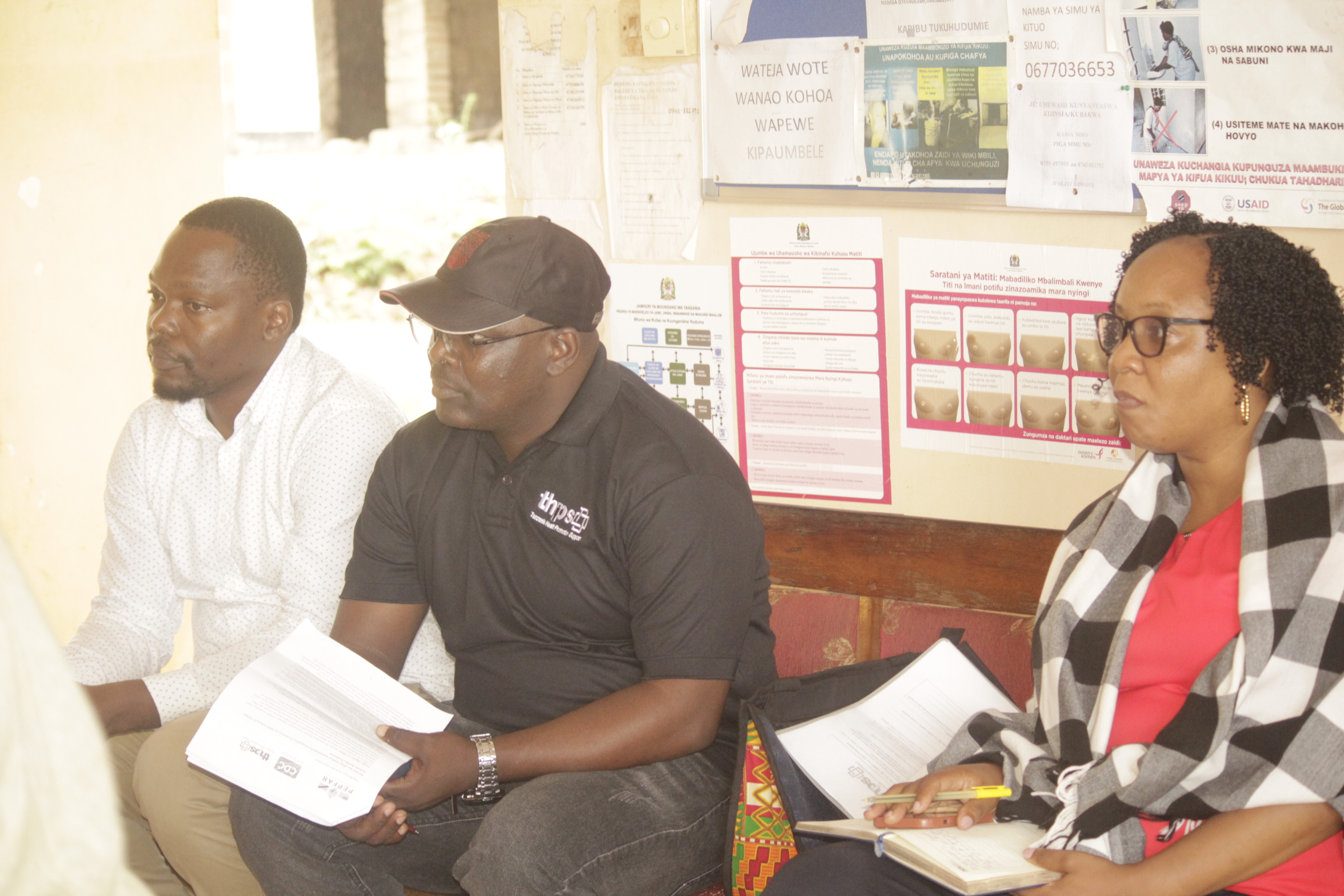HIV prevention: Tanga achieves 93.5 percent viral load suppression

VIRAL load suppression is crucial for people living with HIV/Aids as it helps prevent progression of the disease and allows the immune system to recover, thus reducing the risk of opportunistic infections and other HIV-related complications.
When a person with HIV maintains an undetectable viral load through consistent antiretroviral therapy (ART), the risk of transmitting the virus to others is eliminated.
Viral load suppression enhances the quality of life by reducing HIV-related symptoms and improving overall health. Individuals with supressed viral load can live longer and healthier lives with fewer complications.
In Tanga Region, the prevention, care and treatment services provided by Tanzania Health Promotion Support (THPS) in collaboration with the government has contributed to 93.5 percent viral load suppression among people living with HIV.
THPS is working with Regional and Council Health Management Teams (RCHMTs) under the Afya Hatua project, which is funded by the U.S President’s Emergency Fund for AIDS Relief (PEPFAR) through the U.S Centres for Disease Control and Prevention (CDC), in efforts to prevent HIV transmission and improve retention in ART services for recipients of care in the region.
Judith Kazimoto, Acting Regional HIV/Aids Control Coordinator, told journalists who were in a two-day media tour organised by THPS that the key initiatives were based on ART services as well as Prevention of Mother to Child Transmission (PMTCT) through psychosocial groups aimed at providing high-quality HIV prevention, care and treatment services. The tour aimed at giving journalists a chance to witness the impact of the project's interventions.
Kazimoto said: “The project in collaboration with the government implemented strategies to ensure provision of quality prevention, care and treatment services in different health centres in the region leading to a 93.5 percent of viral load suppression.”

He added that in collaboration with the RCHMT, the project implements strategies to ensure provision of youth-friendly services at 67 supported health facilities in the region, including Korogwe town hospital.
“The implemented strategies included confidential counselling, ensuring private, non-judgmental counselling sessions tailored to the needs of young people, addressing issues like sexual health, HIV prevention, and mental well-being,” he said, adding that to ensure youth access to HIV care and treatment services without stigma and fear they provide youth-friendly HIV counselling, testing, treatment, and adherence support services.
From October 2023 to July 2024, Korogwe town hospital's HIV care and treatment clinic (CTC) had a total of 134 youth aged between 15 and 25 who were enrolled for ART services and had 90 percent HIV viral load suppression.
Dr Daria Matembo, a Clinician at St. Raphael Health Center in the region, underscored the need for early registration of HIV exposed infants in Preventing Mother to Child Transmission (PMTCT), citing that to ensure effective part of the service, all HIV exposed infants are registered for follow-up.
“We ensure that HIV-exposed infants are registered as soon as they are delivered. Through the Afya Hatua project, service providers at every department register HIV exposed infants immediately after delivery and ensure their Dried Blood Spots (DBS) samples are taken within the first six weeks and tested for HIV to provide the infants with required services,” explained Dr Matembo.
In an effort to ensure efficiency in early HIV exposed infants registration, as of June 2024, three service providers were trained on comprehensive PMTCT services, including triple elimination of HIV, hepatitis B, and syphilis, she added.
She said all identified HIV-positive pregnant and breastfeeding women are immediately enrolled for ART to reduce their viral load, and provided with counselling and support to ensure adherence to ART throughout pregnancy, breastfeeding and beyond.
“For women with high viral load, cesarean section may be considered to reduce the risk of HIV transmission during childbirth. Proper hygiene and infection control practices are ensured during delivery to reduce the risk of transmission,” she added.
Between October 2023 and July 2024, a total of 26 recipients of care for pregnant mothers delivered at the facility. 92 percent of the infants were registered for ART seven days after delivery.

One of the key retention strategies includes joint supportive supervision. Every quarter, the project staffs, together with RCHMT, visits the facility and provides supportive supervision to the healthcare workers. The ‘Wateja Marafiki’ initiative links peer educators (PE) with newly enrolled recipients of care to gain experience on PE's treatment journey.
Linking service providers with recipients of care for closer follow-up during the first three months helps to ensure all treatment barriers are cleared.
Jessica Greene, PEPFAR Tanzania Country Director, said that over the past 21 years, the U.S. government through PEPFAR has invested over $7 billion in Tanzania to combat the HIV pandemic.
“When PEPFAR began its work here in Tanzania, in 2003, there were fewer than 1,000 people on treatment. Today, PEPFAR supports more than 1.5 million people on life-saving ARV treatment. AIDS-related deaths in Tanzania have declined by 76 percent since its peak in 2003, and new infections have declined by 58 percent,” Said Greene.
The goal to end HIV/Aids as a public health threat by 2030 is ambitious but achievable. The U.S. government is proud to partner with Tanzania to achieve the UNAIDS 95-95-95 goals by 2025, which aim for 95 percent of people living with HIV to be aware of their status, 95 percent of those diagnosed to be on treatment, and 95 percent of those on treatment to achieve viral load suppression.
As efforts accelerate progress towards these goals, it is crucial to sustain the gains once achieved while continuing to foster transformative partnerships and shared responsibility in service of these objectives.
The recent Tanzania HIV Impact Survey 2022-2023 (THIS 2022-2023) revealed key insights into the country's HIV epidemic, including Tanga’s leadership in achieving high viral load suppression rates of 93.5 percent.
PEPFAR congratulates the Tanga region on this remarkable progress and emphasizes the importance of maintaining those gains as it continues to work towards epidemic control.
Top Headlines
© 2025 IPPMEDIA.COM. ALL RIGHTS RESERVED

























